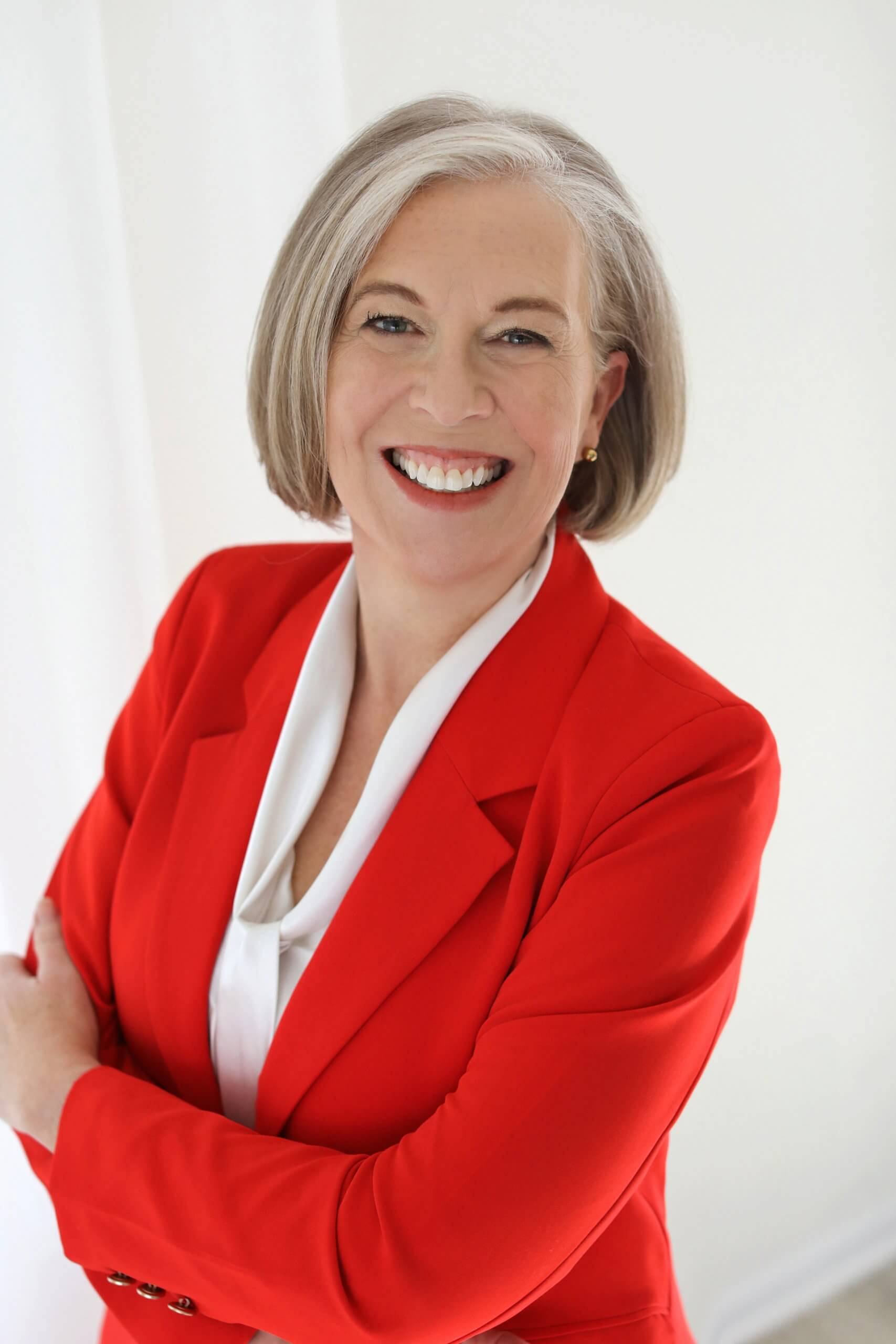Why are You Doing Diversity Work for a Government Agency?

Diversity and inclusion strategist, renowned for her visionary work in culture competence, nationally recognized speaker, and best-selling author Sara Taylor is dedicated to changing the world through the workplace by making organizations across the globe more effective and inclusive and their leaders more culturally competent. She founded deepSEE Consulting in 2002 to provide insightful consulting and strategic diversity training, paired with measurement tools to build individual and organizational cultural competence.
Nearly 30 years ago, I attended what was then the one and only national Diversity conference. This was the era when “Inclusion” wasn’t part of the conversation and long before “Equity” was even considered.
Government agencies were just beginning to join the private sector in dedicating staff and resources to Diversity work, and I was one of a few practitioners from the public sector in attendance, having recently started a role as a Chief Diversity Officer for a county government agency.
As a mainstage speaker was detailing best practice work, I asked how he would apply those same strategies in a government agency. Without hesitation, he responded, “Why are You Doing Diversity Work for a Government Agency?”
To him, it was oxymoronic. In his view, diversity work didn’t belong in the public sector and the two just didn’t go together. (His experience had only been in the private sector.)
Of course, his question was a suggestion for me to leave and join the private sector. Instead, I took it as a challenge to find as many reasons as possible as to why this work is crucial in public agencies. Why is Diversity—now DEI—so important for government institutions?
Of, For and By the People
While the private sector can identify target markets—deciding, for example, whether to sell potato chips to certain ethnic groups—the public sector operates differently. Government institutions are of, for, by, and with the people—all the people. That means our services must fulfill the varied needs of all members of our communities.


In government, “of, for and by the people” means that anyone in the community can be our boss.
SARA TAYLOR
Preparing for the Future
Government agencies play a vital role in planning and preparing for the future, supporting and advancing growth and stability in our communities. Across the country, our communities are changing, becoming more diverse.
Currently children under 18 outnumber those over 65 by 45%, but within just 25 years, the elderly will surpass the number of children.[i] Wouldn’t we want our government agencies be proactive, preparing our communities for this change?
The same is true for racial diversity. By 2050, it is projected that Whites will be a minority as populations of Latino, Black African American, and Asian populations are expected to increase by 60%, 30%, and more than 50%, respectively.[ii]
If it’s not the role of government agencies to prepare for those changes, then whose role is it?
Utilizing the Full Talent Pool
Those shifting demographics also reflect the talent pool for our government agencies. If our hiring practices and/or our workplaces aren’t inclusive and welcoming of diversity, we are essentially limiting our talent pool. In what other areas would we tolerate our government agencies not fully utilizing all available resources?
Challenges
Since that role years ago as a Chief Diversity Officer, I have had the opportunity to work in numerous organizations, both public and private, as an external consultant. In comparison, I’ve seen challenges that are also unique to DEI work in each sector.
In the private sector, leadership changes are often planned up to years in advance and designed to sustain stability. In contrast, government agencies follow four-year cycles of upheaval as administrations change, bringing shifts in priorities to or away from DEI work. This makes it critical for DEI initiatives to be deeply embedded into the systems and structures of our agencies to sustain those changes.
In government, “of, for and by the people” means that anyone in the community can be our boss. Regardless of their level of expertise in our field. they can baselessly criticize our work and put pressure on lawmakers or local decision makers to cut it.
Over the past two years, we’ve seen this dynamic much more frequently, as an anti-DEI wave has swept across the country.[iii] Dozens of states have banned or rolled back DEI efforts in their public institutions, including the removal of Affirmative Action from college admissions and, in some cases, limiting DEI work that government agencies are allowed to do.
By keeping DEI work out of our public universities and agencies, we will set up our students and workforce for success in the workplace of the 1950s.
Diversity isn’t going away, so why wouldn’t we prioritize Diversity work in our government agencies?
Want new articles before they get published? Subscribe to our Awesome Newsletter.

CAREER ADVICE

GOV TALK


